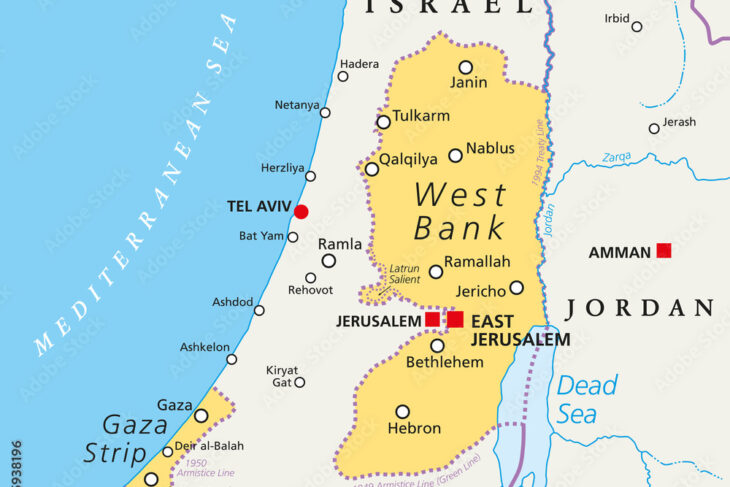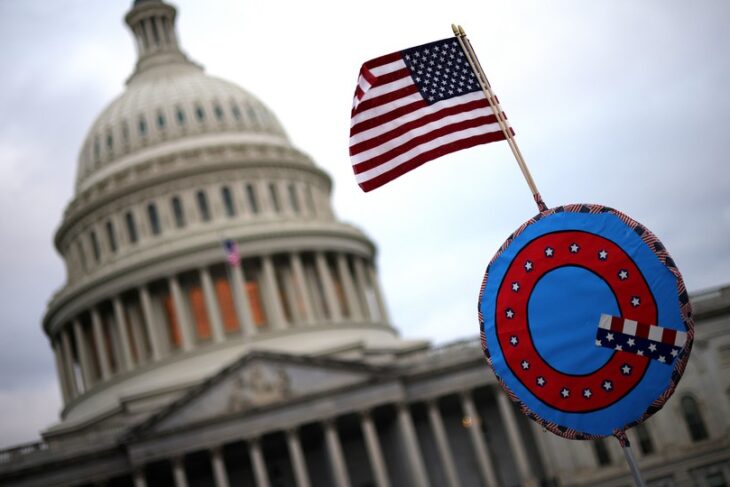
“The earth is but one country, and mankind its citizens.” A statement from Bahá’u’lláh the prophet founder of theBahá’i faith should be the prerequisite principle to guide any discussion about building community.
Our world is made up of many different communities. Whether the community we identify with is religious, political, school, work, recreational or neighbourhood, there is one thing in common that brings people together. We join these communities because we have similar interests, beliefs or activities that hold us together in unity. These are places where we feel safe and secure in our participation. That’s what ‘community’ does: it allows us to have fellowship with others.
As human beings in the 21st century we thrive when we are able to connect in meaningful ways with others. We rely on others for our food, clothing and shelter. Whether we are a social extrovert or introvert we rely on emotional and spiritual support. And we learn from each other. Within these groups there are significant examples that demonstrate the importance of trust and respect for others. Often there is a sense of ‘oneness’ within the groups that enhances thought and action.
While we seem to understand our need for smaller community relationships, we also need to pursue larger communities. These are the relationships that are necessary for town or cities to exist peacefully. Our states, regions and countries need people to come together to formulate decisions for the benefit of everyone who resides in close proximity within those regions. Even more importantly we need to understand the essential bonding that is necessary in order for the world to operate across those artificial boundaries that seem to separate us.
The greatest obstacles to community building across larger environments are the divisions caused by human-generated labels and stereotypes. To move away from these divisions means that we need a social transformation that can only occur if it is guided by spiritual principles, love and respect for each other. Until the world accepts the idea that we are all connected, our attempts at community building will be thwarted and we will continue on a destructive path with disunity — the cause of war and strife.
Essential to community building is the development of active listening and consensus building. When we hold onto personal views or opinions, we tend to block out possibilities that may enhance decision-making and promote unity of action. Believing that the answer is not found in political bantering or argument, faith-based institutions work towards creating unity of thought rather battling for power.
Faith-based advice from the Bahá’is can be summed up by ‘Abdu’l-Bahá, in Paris Talks first published in 1912. “If five people meet together to seek for truth, they must begin by cutting themselves free from all their own special conditions and renouncing all preconceived ideas. In order to find truth we must give up our prejudices, our own small trivial notions; an open receptive mind is essential. If our chalice is full of self, there is no room in it for the water of life. The fact that we imagine ourselves to be right and everybody else wrong is the greatest of all obstacles in the path towards unity, and unity is necessary if we would reach truth, for truth is one.”
He further adds, “It is my hope that the friends and the maid-servants of America become united on all subjects and not disagree at all. If they agree upon a subject, even though it be wrong, it is better than to disagree and be in the right, for this difference will produce the demolition of the divine foundation. Though one of the parties may be in the right and they disagree that will be the cause of a thousand wrongs, but if they agree and both parties are in the wrong, as it is in unity, the truth will be revealed and the wrong made right.”
Unity and collective collaboration that leads to positive thought and action is more important than always having the right answer at first. Decisions can change as time and information change. A process of thought, action and reflection and consultation with honest and open discourse based on trust brings people together. The effort towards connecting with each other must be dependent on our willingness to cooperate rather than to promote our personal agendas or opinions. In the end, we trust that the best solutions come from a united front, not one where there is a power struggle.
In order for communities to thrive they must develop the strength and courage to work from a united position towards making decisions that promote the betterment of every member, not just a few.
“So powerful is the light of unity that it can illuminate the whole earth.” — Bahá’u’lláh



